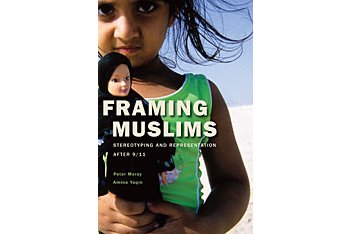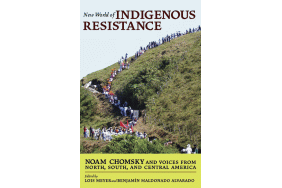Increasing oil prices, rising energy demands, climate change and Kyoto Protocol commitments are the causes of an emerging worldwide renewable energy boom. These renewables include agrofuels, such as agrodiesel made from rapeseed, palm oil, soybean oil or other types of vegetable oil, as well as (…)


